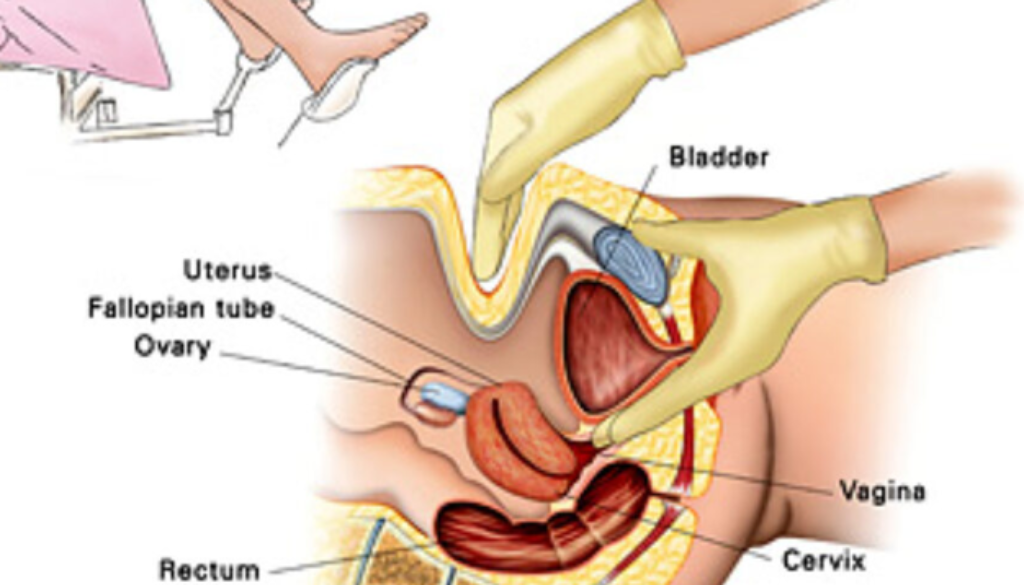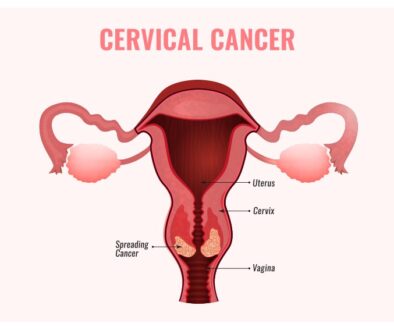Are We Fighting Ovarian Cancer the Right Way
Being a woman Put You at an increased risk of these health conditions.
Are We Fighting Ovarian Cancer the Right Way?
Screening women for ovarian cancer is a bit challenging proposition for researchers and oncologists -owing to the fact that there is no proper screening test available; in addition, early detection can make a huge difference in the treatment outcomes. Scientists are relentlessly working hard to find new ways – which would help screen women for ovarian cancer. Apart from genetic studies and analysis, proteomics (study of the pattern of proteins) research is gaining momentum to know the ways of detecting ovarian cancers early. Let us understand why ovarian cancer is a challenge for all of us.
Why Ovarian Cancer is not Diagnosed Early?
First of all, there is no specific screening test for detecting ovarian cancer. The second fact is that ovarian cancer is a silent killer – it progresses aggressively either causing less life-threatening symptoms or no symptoms at all. The third feature of ovarian cancer is very bewildering – the symptoms such as stomach disturbances, constipation, gases, bloating are often confused with less life-threatening digestive problems – owing to which majority of the women tend to ignore the warning signs and thus delay consulting oncologist. That’s the reason why more than 80% of women miss diagnosis – and therefore – only 20% of ovarian cancers are diagnosed before it spreads beyond ovaries.
The Five-Year Survival Rates Post Diagnosis and Treatment – Why is it Low?
In the majority of cases, ovarian cancer is detected in the advanced stages.
Though there is a significant advancement in both the surgical and chemo-based treatment approaches for treating ovarian cancers, the improvement in survival rates is sluggish. This in many cases is due to late diagnosis (advanced stage diagnosis) and also due to lack of effective second-line therapy for women who experience episodes of remission and relapse. The periods of remission and relapse is intermittent and of short duration. This is seen in more than 80% of ovarian cancer cases. Therefore, the five-year survival rates post-diagnosis of such cases is only 50%.
Genetic Research
Ovarian cancers that are linked to a strong familial history are being studied to understand more about the genes that are responsible. Scientists are also studying the gene pathways, behaviour and functions and the disruptions in the normal genetic functions that can lead to cancer. The research in this direction is expected to provide robust ways for the early detection and better treatment of ovarian cancer. Targeted therapy is one such approach. Research in this area has already led to better ways to detect high-risk genes and assess a woman’s ovarian cancer risk. Furthermore, scientists are gaining deeper insights into how hormonal and genetic factors play key role in cancer growth – which would lead to better ways of preventing ovarian cancer.
Newer Diagnostic Approaches
The use of new imaging techniques such as Functional MRI is being evaluated in ovarian cancers. PET/CT scans are also being studied to see where they may be best used for ovarian cancer.
Robust Treatment Options
Relapsing and recurring ovarian cancers demand robust treatment approaches. Therefore, for the treatment of advanced stage, recurring ovarian cancer, new chemotherapy drugs, or a combination of drugs are being used. Now, the biggest challenge for the oncologists treating advanced-stage ovarian cancer is the slow response to chemotherapy. To counter this challenge, HIPEC is gaiting momentum. A combination of cytoreductive surgery with HIPEC is the most effective treatment for ovarian cancer. In this treatment approach, after an effective cytoreductive surgery, the temperature of the abdomen is raised to 41 to 43 degrees Celsius by insufflation of warm fluid, and the abdominal cavity is then treated with the infusion of chemotherapy agents like cisplatin for over one and a half hour. It is an effective approach. Many research studies are showing significant positive outcomes with improved survival rates. The other robust treatment approaches are targeted therapies and genetic therapies.




